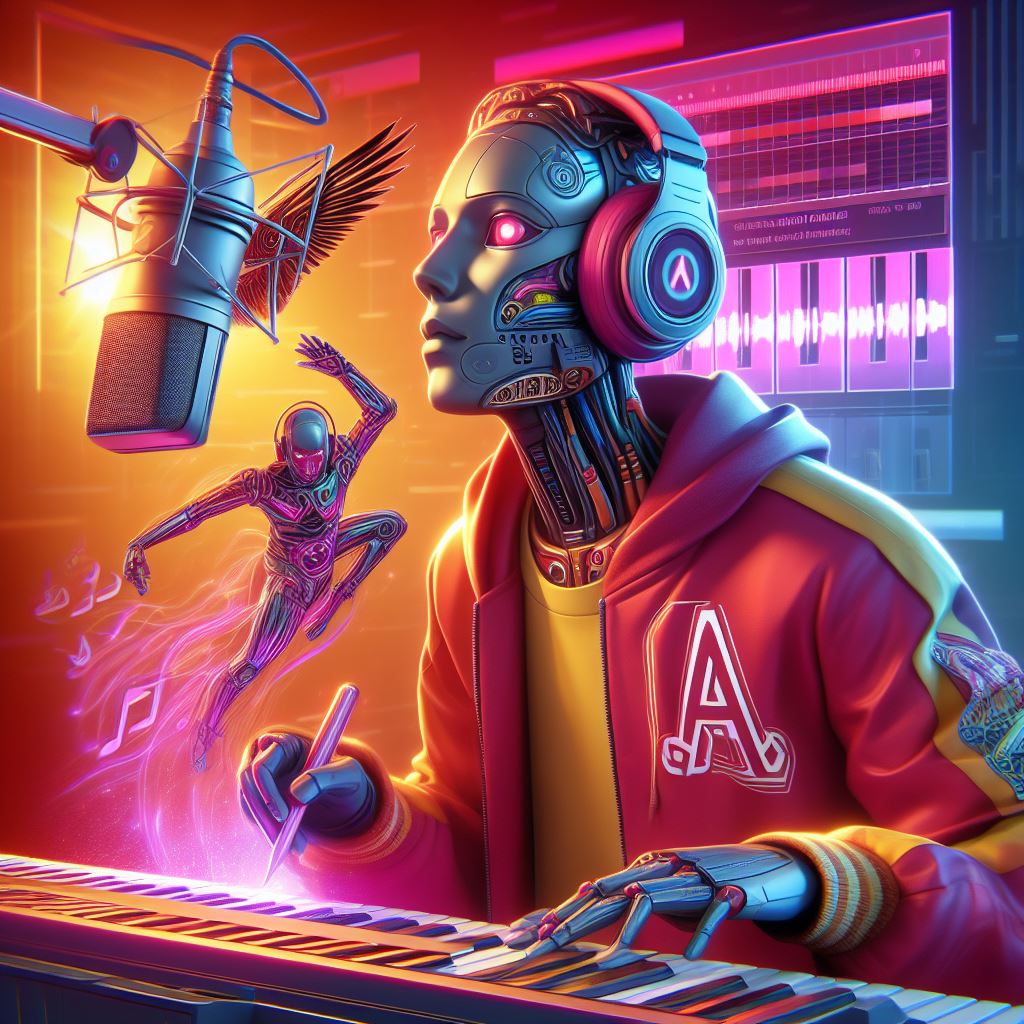In a groundbreaking fusion of musical genres, Adobe has unveiled its latest innovation: an AI composer capable of blending hip-hop beats with the timeless elegance of Beethoven. This cutting-edge technology promises to revolutionize music production and redefine artistic boundaries.
The Birth of an AI Composer
Imagine a virtual composer sitting at a grand piano, its digital fingers dancing across the keys. Now envision this composer not as a human maestro but as an artificial intelligence, drawing inspiration from both classical symphonies and contemporary rap lyrics. Adobe’s AI composer achieves precisely that.
How It Works
- Data Synthesis: The AI composer analyzes vast datasets of classical compositions, including Beethoven’s symphonies, sonatas, and concertos. Simultaneously, it immerses itself in the rhythmic patterns and lyrical flow of hip-hop tracks.
- Pattern Recognition: By identifying recurring motifs, chord progressions, and melodic structures, the AI learns the essence of each genre. It discerns the soul-stirring crescendos of Beethoven and the pulsating basslines of hip-hop.
- Creative Fusion: Armed with this knowledge, the AI begins its creative journey. It experiments with blending elements—Beethoven’s haunting melodies layered over a hip-hop beat, or a rap verse punctuated by classical piano arpeggios.
- Feedback Loop: Human composers and producers provide feedback, fine-tuning the AI’s compositions. They guide it toward achieving a harmonious balance between tradition and innovation.
The Result: A Musical Revolution
- Unexpected Harmonies: The AI’s compositions surprise listeners with unexpected harmonies. A Beethoven-inspired violin concerto might suddenly transition into a rap verse, seamlessly bridging centuries.
- Emotional Depth: By infusing hip-hop rhythms with classical motifs, the AI evokes a wide range of emotions. Joy, melancholy, defiance—all coexist within a single track.
- Collaborative Potential: Imagine hip-hop artists collaborating with long-deceased composers. Tupac spitting rhymes alongside Mozart’s piano sonatas. The AI opens these doors.
Challenges and Controversies
- Authenticity: Critics question whether AI-generated music can truly be authentic. Is it homage or sacrilege to remix Beethoven?
- Ethical Dilemmas: As AI composers gain prominence, questions arise about copyright, ownership, and artistic integrity.
Adobe’s AI composer invites us to reimagine music. It challenges our preconceptions, blurring the lines between genres. Perhaps, in this harmonious collision of past and present, we’ll discover a new symphony—one that transcends time and resonates with our collective soul.
Artists can explore exciting avenues of collaboration with Adobe’s AI Composer. Here are some ways they can harness this technology:
- Hybrid Tracks: Artists can blend their own musical styles with the AI-generated compositions. Imagine a rapper infusing their lyrics into a symphonic backdrop or a classical pianist improvising over a hip-hop beat
. - Genre Fusion: Collaborations across genres become seamless. Jazz saxophonists can jam alongside AI-generated electronic beats, creating fresh and unexpected sounds.
- Inspiration and Remixes: The AI composer can serve as a wellspring of inspiration. Artists can remix AI-generated melodies, adding their personal touch and transforming them into entirely new tracks.
- Soundtrack Creation: Film composers and video game sound designers can leverage the AI to create captivating soundscapes. The AI’s ability to evoke emotions can enhance storytelling.
- Live Performances: During live shows, artists can integrate AI-generated segments seamlessly. Picture a rock band transitioning from their original song to an AI-composed interlude.
- Educational Collaboration: Music educators can use the AI to demonstrate compositional techniques, historical styles, and harmonies. Students can experiment with remixing and learn from the AI’s creative choices.
- Exploring Uncharted Territory: Artists can push boundaries by experimenting with unconventional combinations. A folk singer collaborating with AI-generated techno beats? Why not!
Artists can address the authenticity concern in AI-generated music by considering the following strategies:
Embrace Hybridity: Rather than viewing AI as a threat to authenticity, artists can embrace it as a collaborative partner. By blending their unique human creativity with AI-generated elements, they can create music that transcends traditional boundaries. The interplay between human emotions and AI algorithms can yield fresh and unexpected compositions.
Define Their Artistic Vision: Artists should retain agency over their creative process. They can use AI tools to enhance their vision, experiment with new sounds, and explore uncharted territories. By setting clear intentions and guidelines, they can ensure that AI aligns with their artistic goals.


rg8osf
845ibx